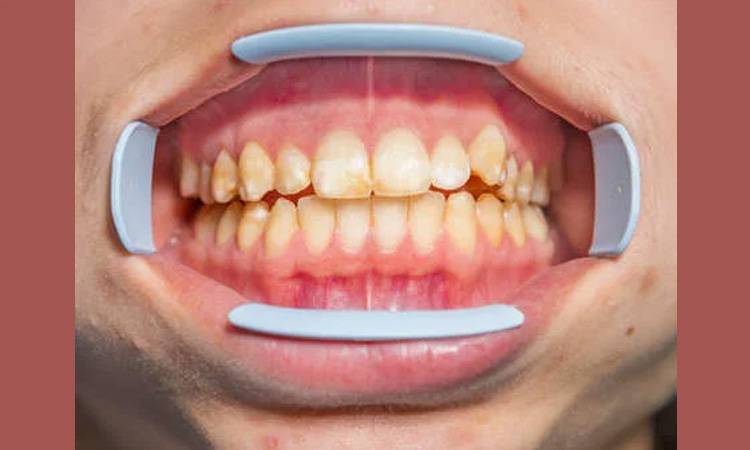
MELBOURNE, Australia: Researchers at the University of Melbourne, Australia and the University of Talca, Chile, have recently identified a potential cause of molar hypomineralisation (MH), or "chalky teeth".
One in five children worldwide has a chalky tooth, which is visible as discoloured enamel spots. It has the potential to cause severe toothache and decay and sometimes leads to abscesses, extractions and orthodontic problems.
Michael J. Hubbard, the lead author of the research and colleagues, identified that that chalky molar arises when developing enamel is contaminated by albumin, a protein found both in blood and in the tissue fluid surrounding developing teeth. The trigger seemed to them was appeared to be childhood illnesses.
Hubbard said that the discovery allowed us to correct 40 years of medico-dental dogma, which had blamed defective enamel-forming cells. However, he said, dogma could not explain why chalkiness affects only one or a few teeth in a child's mouth.
The team showed that that albumin leaks in occasionally at weak spots, binding to enamel-mineral crystals and blocking their growth.
The team suspects that the albumin leakage is triggered by routine baby illnesses such as a fever. So they are planning to determine the specific underlying causes, such as environmental factors or pathogens and forward their findings to dentists, other child health professionals and parents, so they can all be on the lookout for chalky teeth.
They thought that the discovery could lead to preventive medical therapies to reduce dental caries and extractions.
The research, titled 'Breakthrough in Understanding the Pathogenesis of Molar Hypomineralisation: The Mineralisation-Poisoning Model', has recently been published in the journal Frontiers in Physiology.


